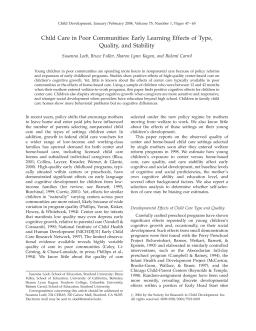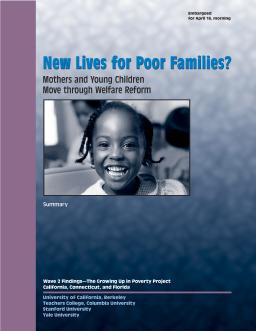Susanna Loeb

Susanna Loeb is a professor in the Graduate School of Education at Stanford University. She was previously director of the Annenberg Institute at Brown University, where she was professor of education and of international and public affairs and the founder and acting executive director of the National Student Support Accelerator, which aims to expand access to relationship-based, high-impact tutoring in response to the Covid-19 pandemic. Loeb is also a senior fellow at the Stanford Institute for Economic Policy Research (SIEPR). Her research focuses broadly on education policy and its role in improving educational opportunities for students. Her work has addressed issues of educator career choices and professional development, of school finance and governance, and of early childhood systems. Before moving to Brown, Susanna was the Barnett Family Professor of Education at Stanford GSE. She was the founding director of the Center for Education Policy Analysis (CEPA) at Stanford and co-director of Policy Analysis for California Education (PACE). Loeb led the research for both Getting Down to Facts projects for California schools. In 2020, she was elected to the American Academy of Arts and Sciences. She is an affiliate at the National Bureau of Economic Research (NBER), the Abdul Latif Jameel Poverty Action Lab (J-PAL), and a member of the National Academy of Education (NAE). Loeb received her MPP from the Institute of Public Policy Studies and a PhD in economics from the University of Michigan.
updated 2025






